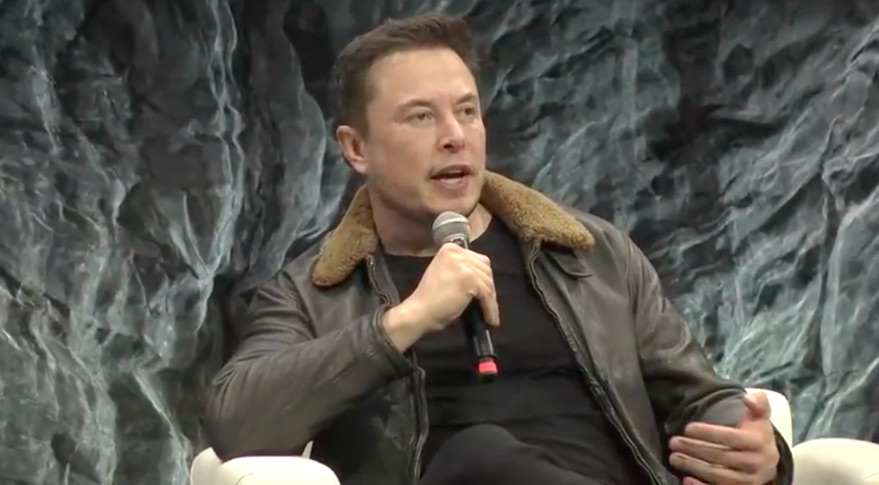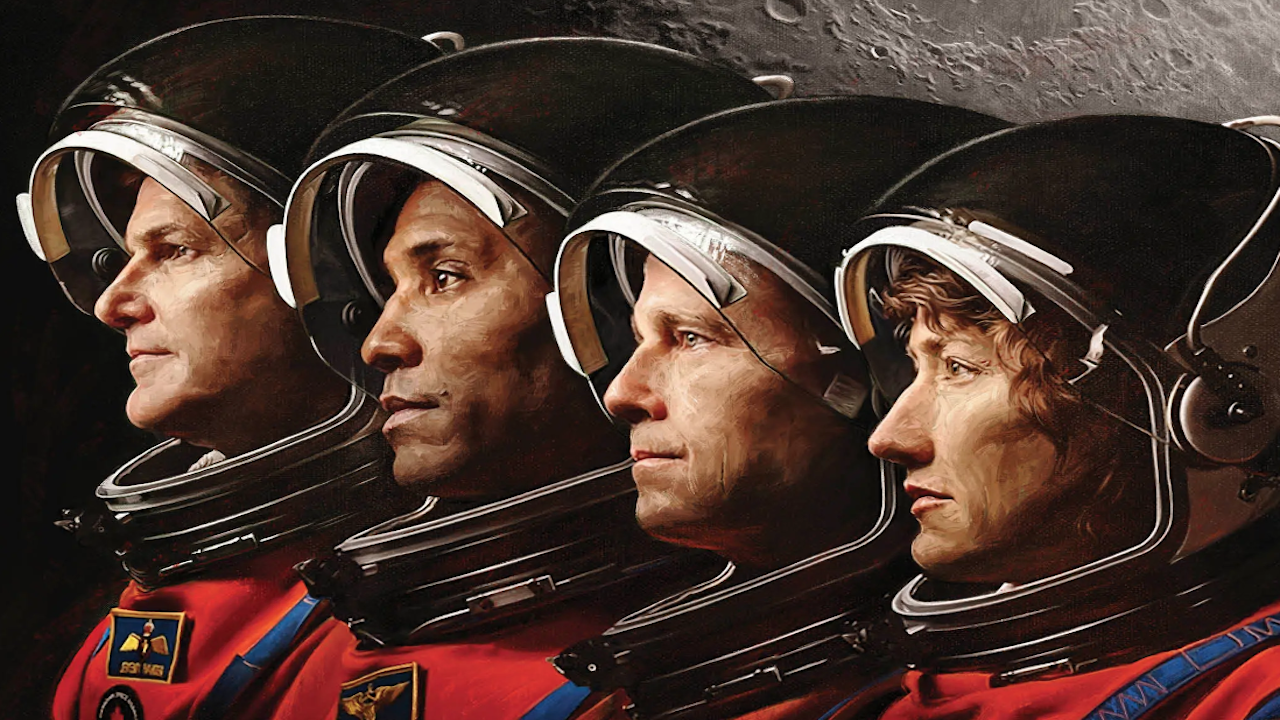Elon Musk Talks SpaceX's BFR Rocket for Mars at SXSW
WASHINGTON — SpaceX Chief Executive Elon Musk said March 11 the company could begin tests of part of its Big Falcon Rocket (BFR) launch system as soon as next year, reiterating a schedule he provided last month.
Musk participated in an on-stage interview, announced on less than a day’s notice, at the South By Southwest (SXSW) festival in Austin, Texas. During the appearance, he said the company was progressing on the development of BFR, which features a first-stage booster and upper-stage "spaceship," the latter able to travel to and land on the moon or Mars.
"We're making good progress on the ship and the booster," he said. "That design is evolving rapidly" from his presentation about the BFR concept at the International Astronautical Congress in Australia in September 2017, which itself was a revision of the design presented at the same conference a year earlier in Mexico. [The BFR: SpaceX's Mars-Colonization Architecture in Images]
Construction of the first prototype spaceship is in progress. "We're actually building that ship right now," he said. "I think we'll probably be able to do short flights, short sort of up-and-down flights, probably sometime in the first half of next year."
That schedule is similar to what Musk said Feb. 6, during a press conference at NASA's Kennedy Space Center following the successful inaugural launch of SpaceX’s Falcon Heavy rocket. "If we get lucky, we’ll be able to do short hopper flights with the spaceship part of BFR maybe next year," he said then.
Those "hopper" flights, he said in February, would be analogous to the low-altitude flights of the company's Grasshopper test vehicle, which demonstrated technologies required to do powered vertical landings of Falcon 9 boosters. "We would either do that at our South Texas launch site, near Brownsville, or ship-to-ship," he said, later saying those tests would "most likely" take place at the Brownsville site currently under construction.
Those hopper flights would go up to an altitude of several kilometers. "We'll do flights of increasing complexity," he said last month, including tests of heat shield technology.
Breaking space news, the latest updates on rocket launches, skywatching events and more!
Musk didn't provide new testing details in his SXSW interview, and offered a cautionary note about schedules. "People have told me that my timelines historically have been optimistic," he said. "So I'm trying to recalibrate to some degree here." That echoed his comments in Ausralia last year, where he described a schedule that called for the launch of the first BFR missions to Mars in 2022 "aspirational.
The interview covered a wide range of other topics, from his leadership of electric vehicle company Tesla to founding the tunneling startup The Boring Company to his concerns about artificial intelligence. He also stressed his worries about a war or other calamity setting back civilization on Earth, a motivation for establishing a presence on Mars.
"That's why it's important to get a self-sustaining base, ideally on Mars because Mars is far enough away from Earth that, if there's a war on Earth, the Mars base might survive," he said. "It's more likely to survive than a moon base."
Musk also briefly discussed Starlink, SpaceX’s planned broadband satellite constellation that will provide connectivity to underserved areas and a low-cost alternative in more urbanized areas. Starlink, he added, will also provide revenue needed for SpaceX’s Mars ambitions.
Musk didn’t provide an update on the progress of Starlink itself, including the two demonstration satellites launched Feb. 22 as secondary payloads on a Falcon 9 mission from California.
At the same time Musk was speaking at SXSW, Dan Colussy, the former chief executive and chairman of Iridium, gave a speech at the MIT New Space Age Conference in Cambridge, Massachusetts. He noted the scale of Starlink, which could exceed 10,000 satellites, is far larger than Iridium's constellation of fewer than 100 satellites.
"I wish Mr. Musk well," Colussy said. "Based on his history, I expect him to succeed."
This story was provided by SpaceNews, dedicated to covering all aspects of the space industry.

Jeff Foust is a Senior Staff Writer at SpaceNews, a space industry news magazine and website, where he writes about space policy, commercial spaceflight and other aerospace industry topics. Jeff has a Ph.D. in planetary sciences from the Massachusetts Institute of Technology and earned a bachelor's degree in geophysics and planetary science from the California Institute of Technology. You can see Jeff's latest projects by following him on Twitter.


